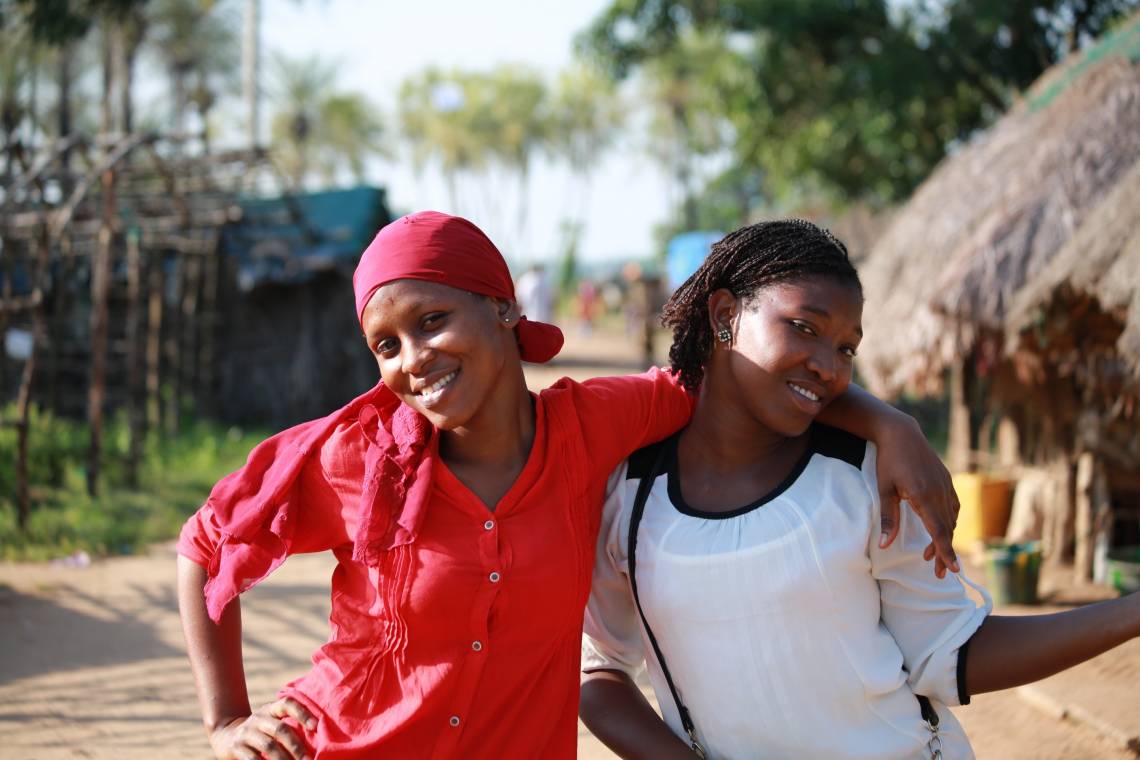A young generation hungry for information
2015 was a rich year for Fondation Hirondelle but not easy because - why hide the fact? - the dogged work of promoting public opinion based on good citizenship is more difficult when government budgets are tight. Why worry about independent information when the current emergency is economic crisis, the terrorist threat and mass migration? And yet Fondation Hirondelle’s work is more necessary than ever. Among other places, our media are working in West Africa, from which hundreds of thousands of young people are trying to flee. We are present in Mali and Burkina Faso, where Islamic radicalism is on the rise. How can we fight ideologies of hatred if not through dialogue? How can we build peaceful societies if not by respecting everyone’s opinions? That
is why Fondation Hirondelle media are there. In Conakry, a young, motivated, trained team is waiting for funding for an FM radio station so much wanted by the country. I was able to see that myself when I paid a visit there. African youth are hungry for information, they are connected, they are on the go and nothing will stop them. Fondation Hirondelle is thinking about how it can diversify its funding sources. This is the path we will follow in the coming years. And citizens all across the world are waiting for us.
Romaine Jean
Fondation Hirondelle Board Chairwoman
Rooted in experience
Twenty years ago a group of journalists set up Fondation Hirondelle so they could use their journalism skills to serve populations in crisis. What have we learned in 20 years? We have learned that the more the social, political or economic situation becomes tense, the more universal rules on providing credible information must be strictly respected; that when faced with a camera or a microphone, seemingly impossible dialogue between conflicting parties can become possible; that our commitment entails risks that we must accept with lucidity; and that rigorous management is the key to successful action. But our experience also reveals another fundamental truth: as we sensed 20 years ago, what populations need enormously is accurate, broad-ranging news and
information free from political or commercial manipulation. Current events require that we lean on our experience. Responding to this need will be even more difficult in the future than in the past. But as always, we will never meet the challenge without the support of public and private donors, people in political office and journalists.
Jean-Marie Etter, CEO




